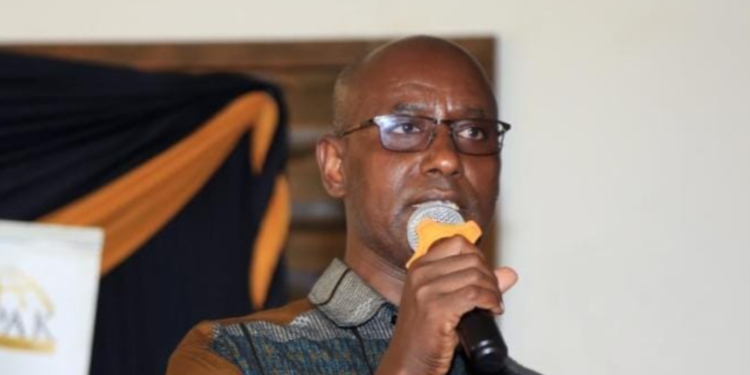Ethics and Anti-Corruption Commission (EACC) has identified accountants and lawyers as the primary professional groups involved in facilitating public fund theft, with other professions increasingly contributing to corruption schemes.
The disclosure came during the official launch of the Institute of Certified Public Accountants of Kenya (ICPAK) Annual Governance & Ethics Conference in Mombasa on Monday. EACC Director of Ethics and Leadership, FCPA John Lolkoloi, OGW, CFE, addressed the gathering, highlighting the critical role professionals play in enabling large-scale corruption.
“No significant scandal involving theft of public funds has ever occurred in the country without the direct involvement of professionals, especially Accountants and Lawyers,” Lolkoloi stated, challenging the audience to use their expertise for public good rather than enabling actions detrimental to society.
The EACC’s investigations have uncovered a troubling trend of professionals betraying public trust. While accountants and lawyers top the list, engineers, land valuers, surveyors, bankers, IT experts, and procurement professionals are increasingly implicated in planning and executing corruption schemes.
Lolkoloi urged professional bodies across Kenya to strengthen their self-regulatory mechanisms, emphasizing the need for integrity and accountability. “EACC urges all professional bodies in the country to infuse integrity and accountability in their self-regulatory mechanisms to enhance corruption intolerance among Kenyan professionals,” he said.
The conference, running from October 7-11, 2024, serves as a platform for addressing these critical issues in governance and ethics. Lolkoloi, serving as the chief guest, specifically called on accountants to take a stand against corruption, given their pivotal role in managing public funds.
“Do not be conduits for proceeds of corruption or assist in the perpetuation of corrupt schemes,” Lolkoloi advised, urging accountants to report suspicious transactions to authorities instead of processing fraudulent payments.
The EACC’s crackdown extends beyond financial misconduct. Lolkoloi revealed that the commission has directed all public institutions in Kenya to authenticate academic and professional certificates of potential employees, addressing the prevalent issue of fake qualifications in the public service.
“Over 2000 public officers are alleged to be in possession of fake academic certificates,” Lolkoloi disclosed. The EACC is taking a two-pronged approach to tackle this issue: subjecting offenders to criminal prosecution and filing civil suits to recover salaries and benefits earned based on fraudulent qualifications.
















